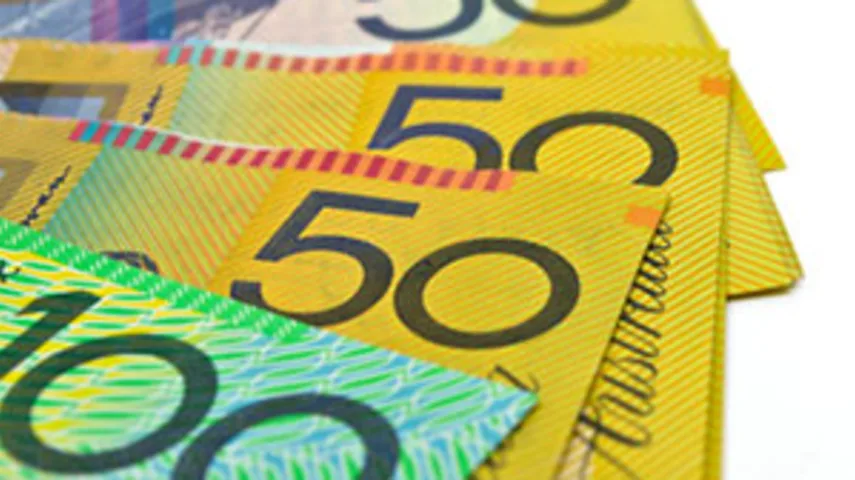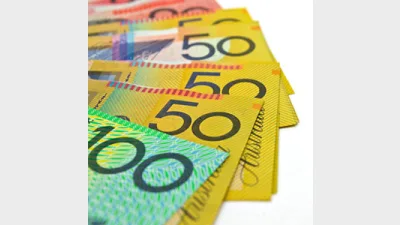Cash disappoints members post-GFC



Super funds members who switched into cash options following the global financial crisis (GFC) may have missed out on significant returns gained since then.
The performance of super funds this year has increased over 12 million Australians' retirement savings by more than 15 per cent, according to Super Ratings.
A -0.6 per cent drop in earnings over June could not wipe out the 10 months of positive returns over the year which resulted in a 14.7 per cent median return for balanced funds — where 70 per cent of members are invested.
Growth assets buoyed performance as the median superannuation Australian Shares option returned 21.1 per cent for the financial year while funds' International Shares option recorded a 21.6 per cent gain, in part due to a falling Australian dollar.
It is the highest result since the GFC and the third-highest result ever, according to Super Ratings founder Jeff Bresnahan.
"Some four years after the lows of the GFC in February 2009, balanced options have now rebounded by 47 per cent," Bresnahan said, comparing this to 17 per cent for cash options over the same time period.
"A member who made the decision to switch into a cash allocation during the depths of the GFC would have missed out on the significant rebound that has occurred since."
Recommended for you
Ethical super fund Australian Ethical has announced the appointment of Anthony Lane as chief operating officer.
The structural shift towards active ETFs will reshape the asset management industry, according to McKinsey, and financial advisers will be a key group for managers to focus their distribution.
ASIC has warned that practices across the $200 billion private credit market are inconsistent and, in some cases, require serious improvement.
A surge in electricity prices has driven the monthly Consumer Price Index to its highest level in a year, exceeding forecasts.










